Latest News
2025
Professor Ilan Kelman Visits the LEAD Institute
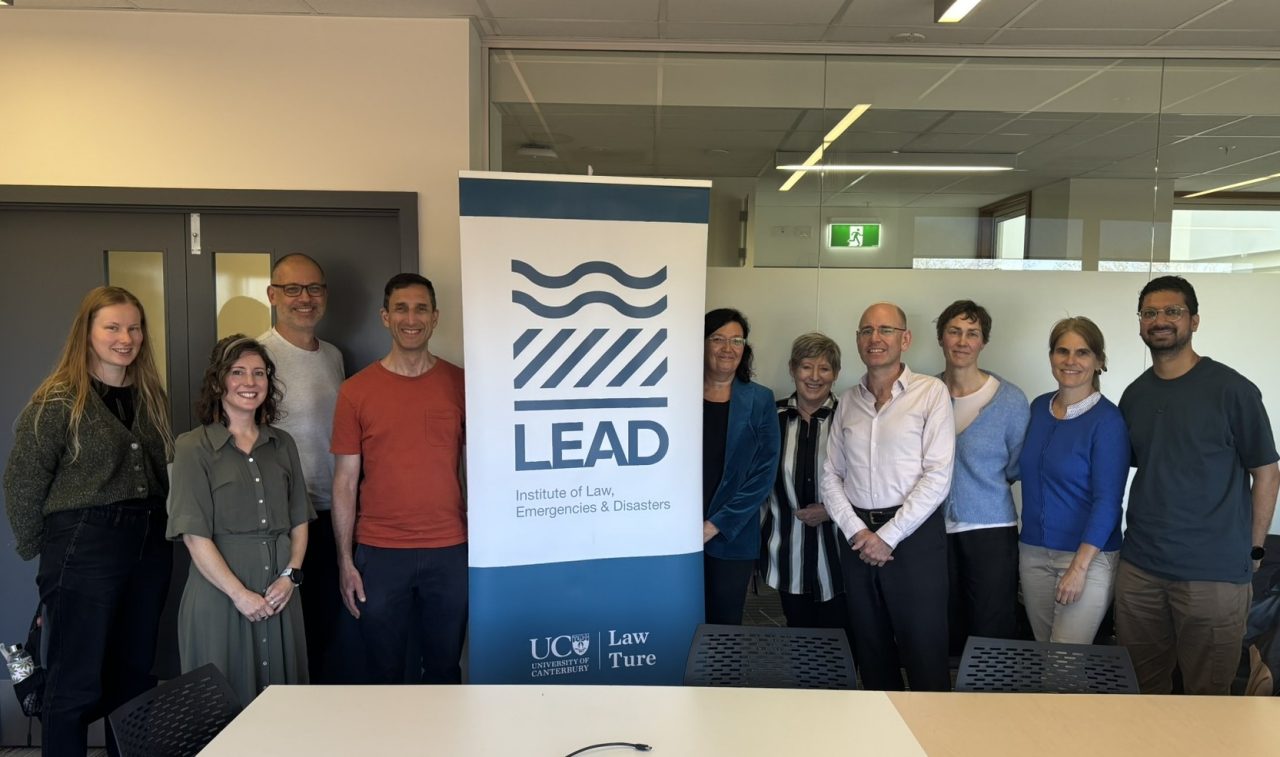
30 May 2025
It was a real pleasure to welcome Professor Ilan Kelman to LEAD at the University of Canterbury.
During his visit, Professor Kelman participated in LEAD meetings where he shared his insightful and thought-provoking research and generously engaged in conversations about the work being carried out by LEAD researchers.
He also delivered a seminar co-hosted by LEAD and the UC Faculty of Law, presenting his research titled "How does climate change affect disasters?".
We are looking forward to continuing collaborations on disaster research across multiple disciplines, linking law, policy, science, and community knowledge.
Visit from the Graduate School of Disaster Reduction and Reconstruction Policy, University of Hyogo, Japan
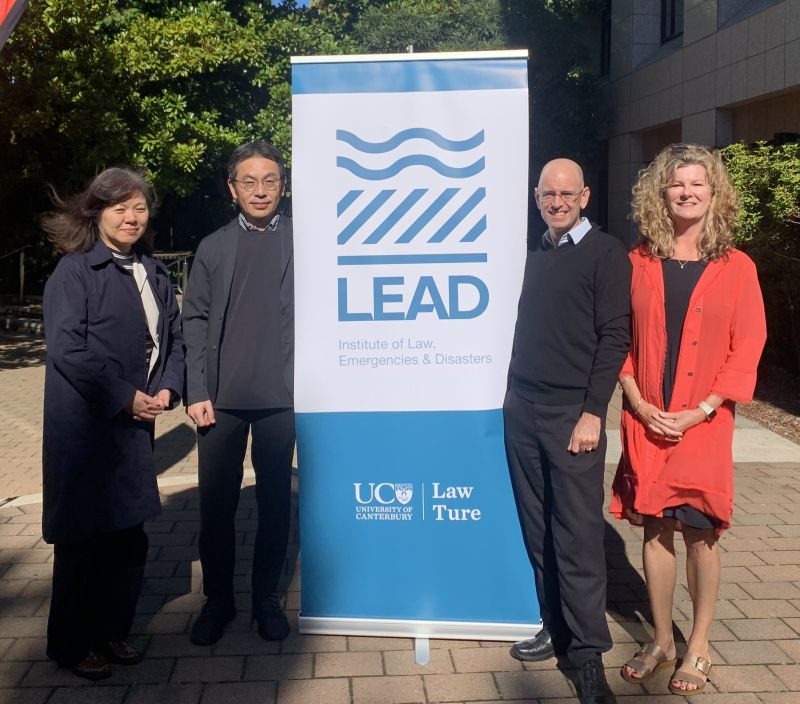
6 March 2025
We were delighted to welcome Professor Michiko Banba and Professor Gou Urakawa from the Graduate School of Disaster Reduction and Reconstruction Policy at the University of Hyogo, Japan. We also extend our thanks to Professor Tamiyo Kondo from the Research Center for Urban Safety and Security at Kobe University, who joined us online.
The delegation participated in a LEAD-hosted seminar, presenting their research on "What are the effects of place re-making in post-disaster recovery?". They also joined a meeting with LEAD researchers to exchange ideas and discuss ongoing projects at the Institute.
We look forward to continuing these valuable conversations and exploring future collaborations.
Professor Annick Masselot features in QuakeCoRE Research Project Stories: The Inequality of Disasters
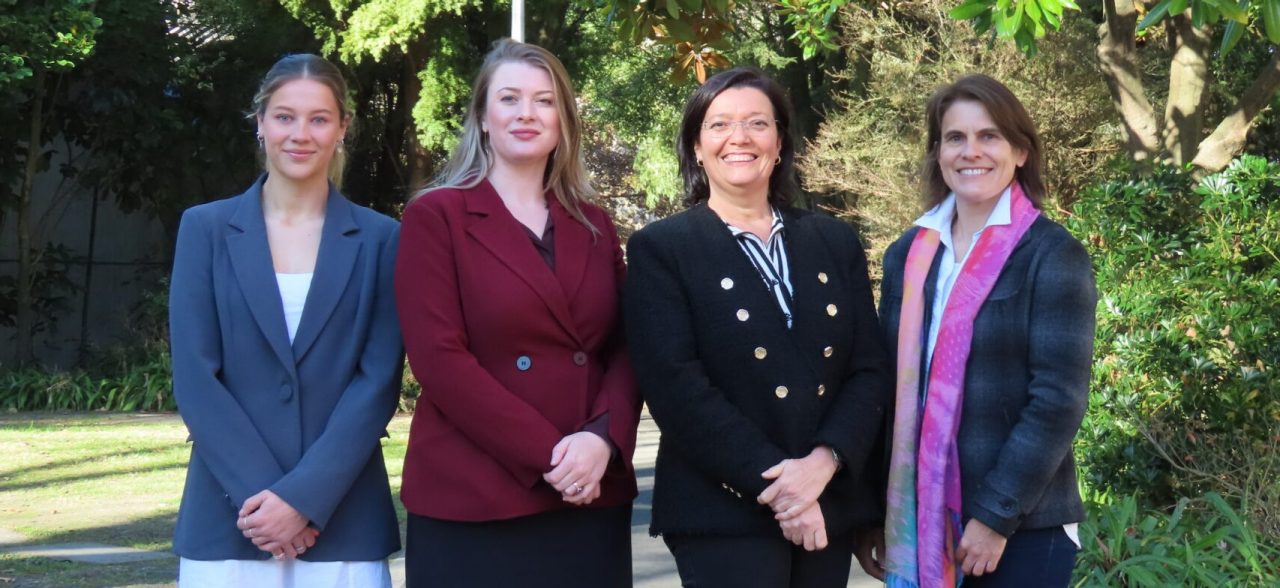
25 February 2025
At the Institute of Law, Emergencies, and Disasters, Annick and colleagues bring a legal perspective to disaster. They are working on a human rights framework for the regulation of seismic risk reduction in New Zealand as part of Te Hiranga Rū QuakeCoRE’s Disciplinary Theme 3.
Related to this work, with the aim of addressing inequalities in disaster, Annick is leading a project on parenting rights and policy funded by QuakeCoRE’s Diversity, Equity, Wellbeing, and Inclusion Research Fund. Annick is hopeful their research will lead to recommendations and policies that ensure vulnerable members of society are not further disadvantaged by disaster.
See full story HERE.
(Research team from L-R: Georgia Buchan, Rachael Evans, Annick Masselot, and Silke Clausing)
2024
Dr Toni Collins - 2024 QuakeCoRE RfP Funding Recipient
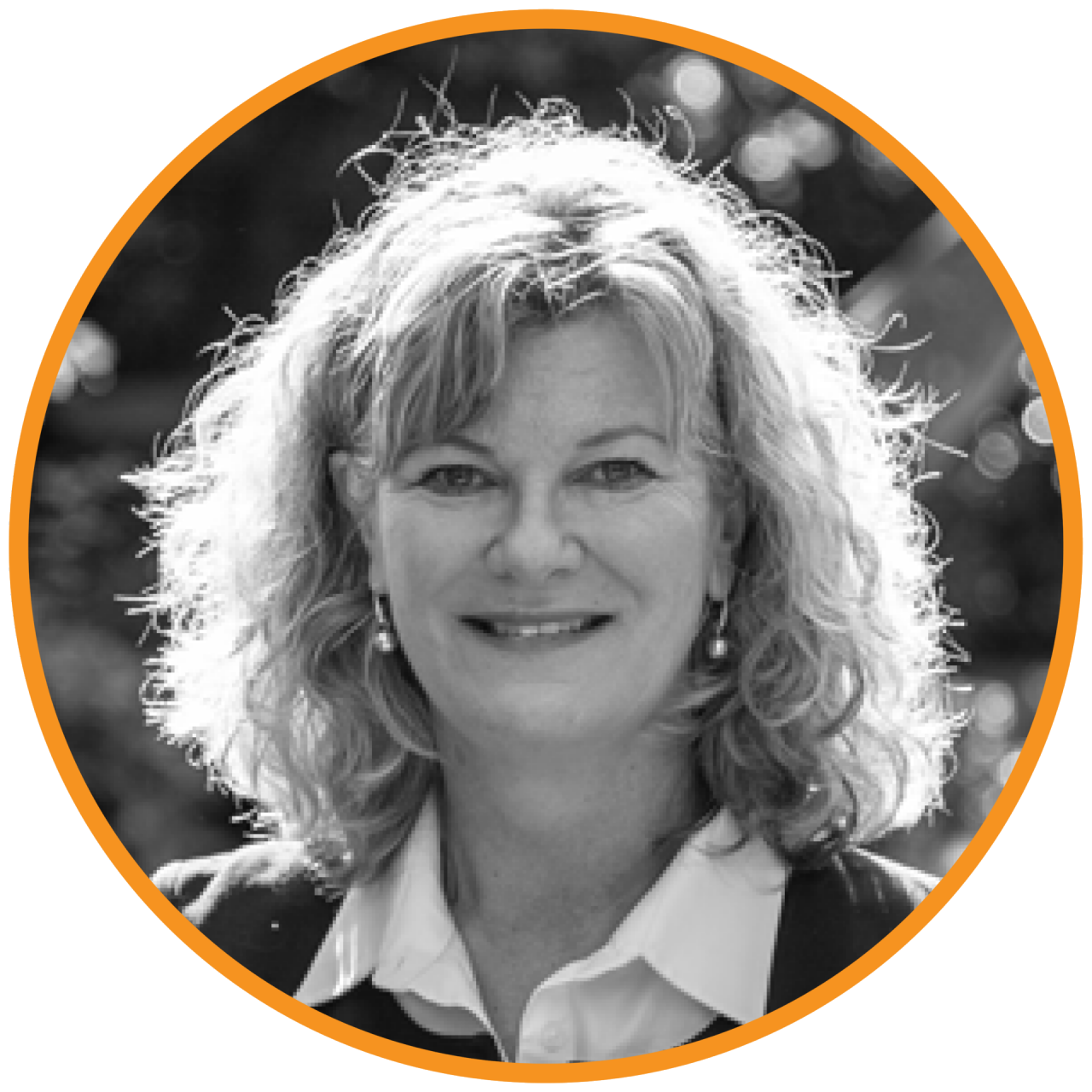
6 December 2024
We are pleased to congratulate Dr Toni Collins on being awarded funding in the 2024 Te Hiranga Rū QuakeCoRE Request for Proposal (RfP) round for her project, Legal preparedness and land-use planning: Challenges for post-earthquake managed retreat. This funding round is a competitive and significant opportunity that supports innovative, interdisciplinary research aligned with QuakeCoRE’s mission to improve earthquake resilience in Aotearoa New Zealand.
2024 Asia-Pacific Ministerial Conference on Disaster Risk Reduction held in Manila, Philippines
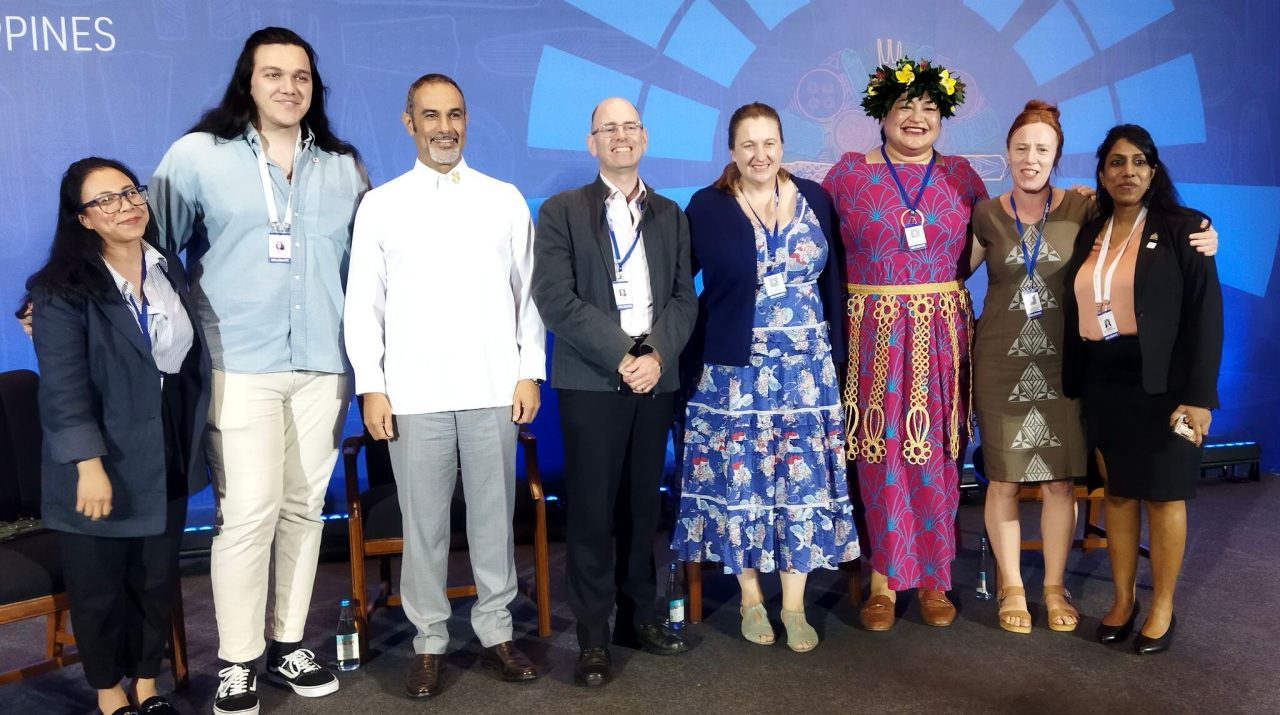
19 October 2024
Professor John Hopkins, Director of the Institute of Law, Emergencies and Disasters, attended the 2024 Asia-Pacific Ministerial Conference on Disaster Risk Reduction held in Manila, Philippines.
The Government of the Philippines and UNDRR hosted the biennial event as part of the Sendai Framework implementation process.
This event, with over 4,000 attendees, provided a fantastic opportunity to advance understanding around the importance of law in reducing disaster risk.
It was also great opportunity to catch up with the IFRC Disaster Law team, UNDRR colleagues and other participants from the LEAD/IFRC/UNDRR Disaster Law conference which took place earlier this year, the conclusions of which informed the APMCDRR meeting.
The Road to the First Ever Asia Pacific Disaster Law Conference - An Interview with John Hopkins
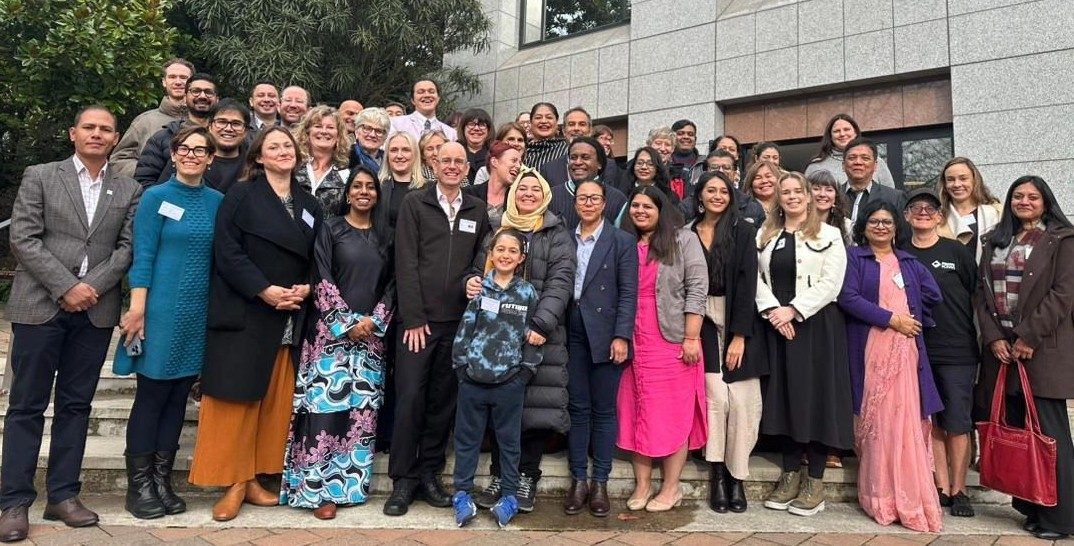
26 September 2024
Professor John Hopkins was recently interviewed by the amazing Hanna Butler about the evolution of disaster law.
This article discusses how John first became involved in disaster law 14 years ago, the creation of the LEAD Institute in 2020 (and its international counterpart the International Disaster, Emergency and Law Network), and the long road to the first Disaster Law conference held earlier this year.
To read more about this journey and the importance of disaster law you can see the full story at HERE.
LEAD at the Te Hiranga Rū QuakeCoRE Annual Meeting in Napier
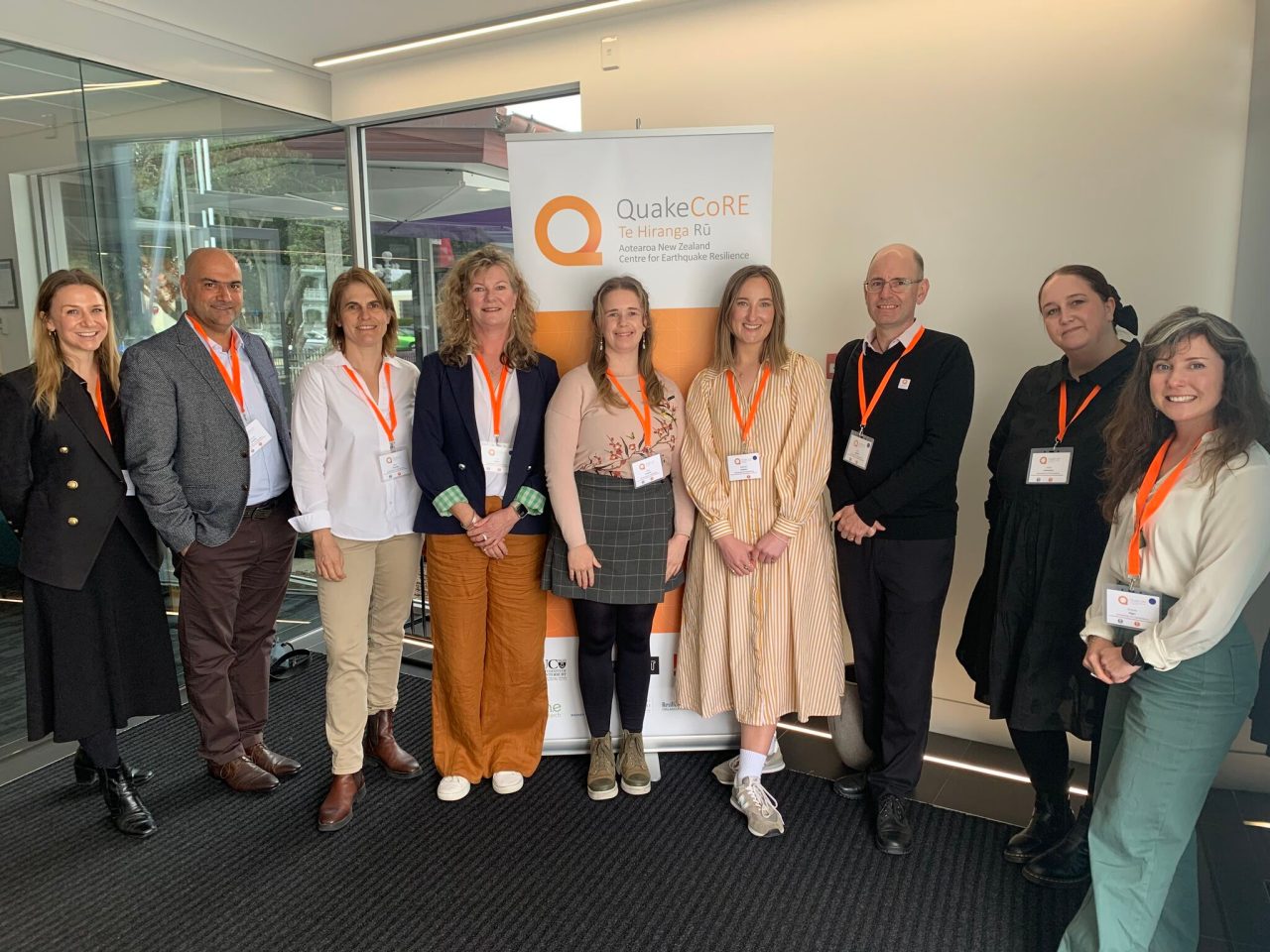
6 September 2024
A group of members from LEAD travelled to Napier to attend the Te Hiranga Rū QuakeCoRE Annual Meeting.
The meeting once again provided a valuable opportunity to highlight the crucial role of law in disaster risk reduction, response, and recovery. LEAD researchers contributed to vibrant poster sessions, showcasing the breadth and depth of legal scholarship in this space.
LEAD Presentations:
The influence of legislative and governance arrangements on public engagement in recovery decision-making: a New Zealand case study – Sulaiman Sarwary
Earthquakes, Monetary Assistance, and Gender – Beatrice Holman
Policing the Disaster: Lessons from the Canterbury Earthquakes – Laura Johnstone and James Mehigan
Response vs Recovery: Legal preparedness for long-term displacement – an Auckland Volcanic Field Case Study – Holly Faulkner
The impact of disaster response law and policy on Indigenous self-determination – Jessica Wise and Rachael Evans
Responding to gender-based violence with disaster law in Aotearoa New Zealand – Silke Wilson and Annick Masselot
Well done to all presenters for representing LEAD and contributing to critical conversations on the intersection of law and disasters.
Conference on Rights, Responsibilities and Disasters: Using the Law to Reduce Disaster Risk in Asia Pacific
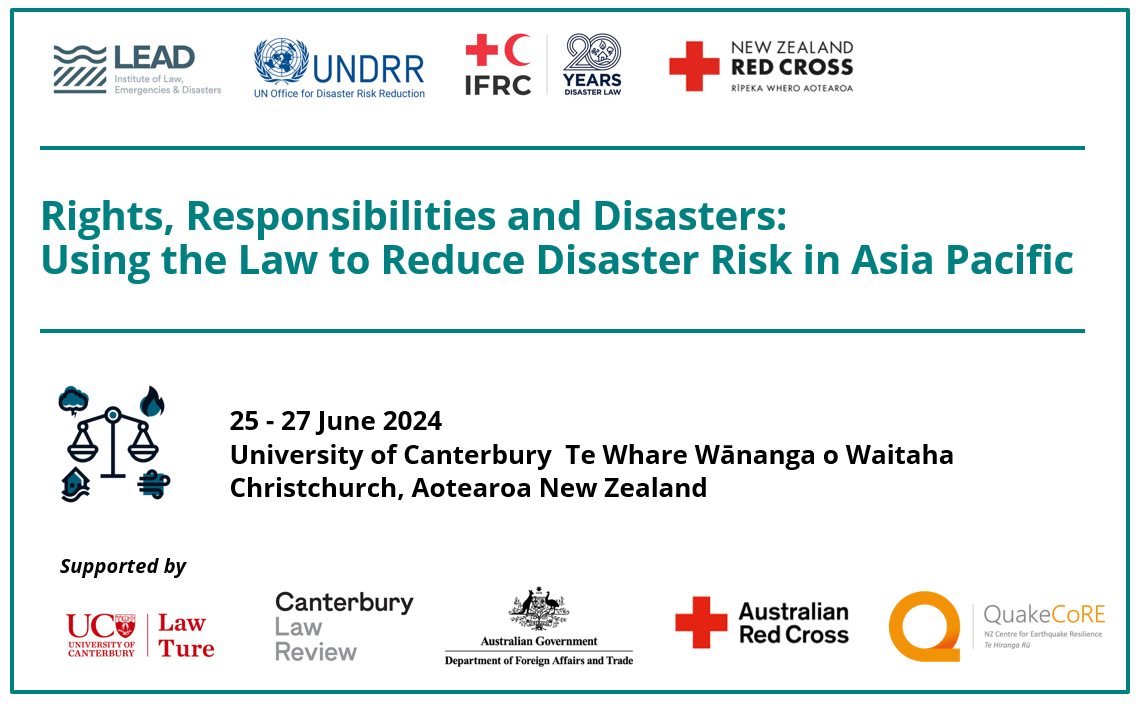
28 June 2024
LEAD together with the International Federation of Red Cross and Red Crescent Societies (IFRC) and the United Nations Office for Disaster Risk Reduction (UNDRR) held the Conference on Rights, Responsibilities and Disasters: Using the Law to Reduce Disaster Risk in Asia Pacific, at the University of Canterbury | Te Whare Wānanga o Waitahao, Christchurch, New Zealand from 25 - 27 June 2024.
The Conference brought together practitioners, including those working in government, civil society, international and regional organizations, as well as academics and researchers, to discuss current issues relating to disasters, international law and its domestic implementation in the Asia Pacific region.
Opened by Kerry Nickels, president of the NZ Red Cross and with keynote speakers, former Christchurch Mayor, Lianne Dalziel, and Marco Toscano-Rivalta (UNDRR Regional Office for Asia and the Pacific), the three-day conference brought together practitioners, academics and policymakers.
New online Law and Disaster Risk Recovery Course

Dr John Hopkins and the LEAD team are taking their expertise online in the new 50-hour online course, Law and Disaster Risk Reduction. Over nine weeks learners will gain an understanding of how law intersects with disaster to effectively deliver preparations for disaster response and recovery.
Through just six hours of study a week, learners will gain an understanding of the use of emergency powers and human rights in disasters – and the dangers that poor legal frameworks can create for people and communities. This knowledge can be used when working in the field of disaster risk reduction (DRR) and disaster risk management (DRM) as an emergency management professional or volunteer.
New course starts 15 July 2024
Enrolments close 11 July
Future intakes:
7 October 2024
February 2025
Law and Disaster Risk Reduction
LEAD Researchers Present at the Resilience National Science Challenge Webinar
24 April 2024
Are we prepared for disasters? As a nation we have a history of pushing through emergency legislation in the wake of natural hazard events to govern our emergency response. This has led to an expectation that post-event bespoke frameworks will be introduced to manage post-disaster recovery. Is there a better way? Instead of treating disasters as individual hazards, should we treat them as a pattern of events and legislate accordingly? Join us as we hear from experts to explore Aotearoa New Zealand’s current legal frameworks and the impacts these have on our ability to prepare for, respond to and recover from natural hazard events. Using an Auckland Volcanic Field eruption scenario based on the latest science, we’ll identify the challenges of managing disaster risk, examine the impacts of our current reactionary approach to disaster law, and explore possible alternatives.
Webinar Speakers:
Professor John Hopkins, University of Canterbury
Professor Jan Lindsay, University of Auckland
Holly Faulkner, University of Canterbury
2023
Dr Toni Collins features in QuakeCoRE Research Project Stories: Acts at Odds

18 July 2023
After becoming aware of the damage to Statistics House in the Kaikōura Earthquake of 2006, Dr Toni Collins researched the overlap of the Building Act 2004 and the Building (Earthquake Prone Building (EPB)) Amendment Act 2016.
"Dr Collins, with her colleague Dr Nadia Dabee, scoured the literature, court cases and government websites to clarify the Government’s intention. Even a WorkSafe Policy Statement issued in 2018 to explain the overlap between the two Acts, only confused the situation. Many owners don’t realise they are responsible for getting seismic assessments. Others are closing buildings unnecessarily. This is because the law is unclear.
Toni and Nadia have published their research in the New Zealand Universities Law Review. They call for the higher standard of the Health and Safety at Work Act to be applied as this will give occupants the highest level of protection under the law regarding building safety."
See the full QuakeCore Research Project Story HERE.
LEAD Members published in the latest Yearbook of International Disaster Law
1 May 2023
The latest edition (2021) of the Yearbook of International Disaster Law has just been published. It includes three articles involving Law Faculty Staff who are all part of the LEAD group:
‘As the Island Choirs Gather’ Tracing a Regional Approach to Disaster and Climate Resilience in Pacific Island Countries’: W John Hopkins, Tommaso Natoli and Leanne Avila (Leanne was a LEAD summer scholar and will be starting her LLM in June).
‘Ensuring a Disability Perspective in Disaster Law The Contribution of the Committee on the Rights of Persons with Disabilities’ Kris Gledhill and Natalie Baird
‘Pacific Disaster Law Update' W John Hopkins and Leanne Avila
The Yearbook (published by Brill) is freely available online (due to sponsorship by the IFRC): Yearbook of International Disaster Law Online Volume 4 Issue 1 (2021) (brill.com)
Professor John Hopkins Makes Submission to the Governance and Administration Select Committee
15 March 2023
In the aftermath of Cyclone Garbrielle, the New Zealand Government has decided to once again introduce new legislation in the aftermath of a disaster. This time in the form of the Severe Weather Emergency Legislation Bill. This omnibus bill makes (temporary) changes to the RMA, the LGA and the CDEM Act amongst others.
LEAD's Professor John Hopkins was invited to present an oral submission to the Governance and Administration Select Committee. Although the process was expedited it was nevertheless a positive change that the Bill was referred to the Select Commitee and not passed through urgency. It is also a welcome change to see law and disaster experts being called upon to provide expert commentary on these ad hoc legal provisions.
2022

9 August 2022 Radio New Zealand
University of Canterbury law professor John Hopkins, who heads New Zealand's Institute of Law, Emergencies and Disasters, said adventure activities did not have a good safety record in this country, which he believed was an "unintended consequence" of the ACC system that removed the ability to sue for personal injury.
"If you cut corners, in most jurisdictions overseas, you risk having significant damages against you in a court case. Now we don't have that deterrent here. We've only got the Health and Safety at Work Act and various other legislation, largely managed by WorkSafe.
"So WorkSafe is all that lies between us and unsafe practices. So you've got to fund it properly."
Prosecuting companies that breached health and safety laws in court was "the ambulance at the bottom of the cliff" and was a failure of a system that was supposed to prevent harm, Hopkins said.
2021
Whakaari / White Island: Finger pointed back at WorkSafe
9 December 2021 Radio New Zealand
Two years on from the disastrous Whakaari / White Island eruption, Rita Yousef, a lawyer representing Australian victims says the regulatory shortcomings are "terrifying". Dr John Hopkins said the Whakaari explosion, and the failures highlighted since, had brought the country's whole adventure activities safety system into question.
Earthquake-prone council buildings
1 December 2021 Build magazine
Councils are having to take decisions about whether to close earthquake-prone buildings, which can have an adverse impact on local communities. A new decision-making framework will help ensure a measured risk assessment.
New decision-making framework for earthquake-prone council buildings
12 November 2021 LGNZ and BRANZ - media release
Five years on from the 2016 Kaikōura earthquake, a new decision-making framework is being launched to help councils navigate their legal obligations around managing earthquake-prone council buildings. The BRANZ-led project was a collaboration with Resilient Organisations, Kestrel Group, the University of Canterbury’s Institute of Law, Emergencies and Disaster (LEAD), and Massey University’s Joint Centre for Disaster Research.
DOWNLOAD: BRANZ study report SR463 [2021]
Mandatory record keeping poses questions of public trust, digital divide
24 August 2021 New Zealand Herald
Experts have weighed in on the new mandate of record-keeping during the pandemic, flagging issues of public trust, privacy and digital literacy.
Whakaari/White Island: Confusion over safety responsibilities at senior level
3 June 2021 Radio New Zealand
Despite tourist companies leading visitors onto New Zealand's most active volcano for decades, some stakeholders' health and safety obligations were unclear.
Disaster Law
18 February 2021 Radio New Zealand
LISTEN: Professor John Hopkins and Senior Lecturer Toni Collins of the UC School of Law spoke to RNZ's Alison Ballance about disaster law, discussing the legal situations around New Zealand's response to COVID-19, the Christchurch earthquakes, and the Pacific island nations' centralised response to disasters.
2020
Masks - public health law expert, John Hopkins
16 November 2020 Radio New Zealand
LISTEN: UC Law Professor John Hopkins discusses the practicality of enforcing Government mandated use of face masks on public transport.
Mt Taranaki eruption could knock out power to entire region
13 November 2020 Stuff
Did you know that Mt Taranaki has a 50% chance of eupting in the next 50 years? Given the time that has passed since its last eruption, Professor Tom Wilson of UC's School of Earth and Environment believes the next one could be 'on the bigger side of what Taranaki can produce'.
NZ's Covid-19 methods are effective but 'old fashioned' - disaster expert
14 October 2020 Radio New Zealand
It shows that New Zealander's need to have a conversation about what things we would give up to stop the impact of the lockdown", says Professor John Hopkins, UC Law disaster expert, in response to our 'old fashioned' COVID-19 methods.
International advice on managing COVID-19 - Expert Reaction
13 October 2020 Science Media Centre
How useful is WHO latest COVID-19 international advice for New Zealand? UC Law Professor John Hopkins says that what is important is considering the different legal frameworks that a country operates under.
New research to help businesses increase seismic safety
7 September 2020 EQC
See new research that will help businesses increase their seismic safety. UC Law Dr Toni Collins has worked with EQCNZ and Resilient Organisations on the research project which will help businesses better protect their staff and customers in future earthquakes.

